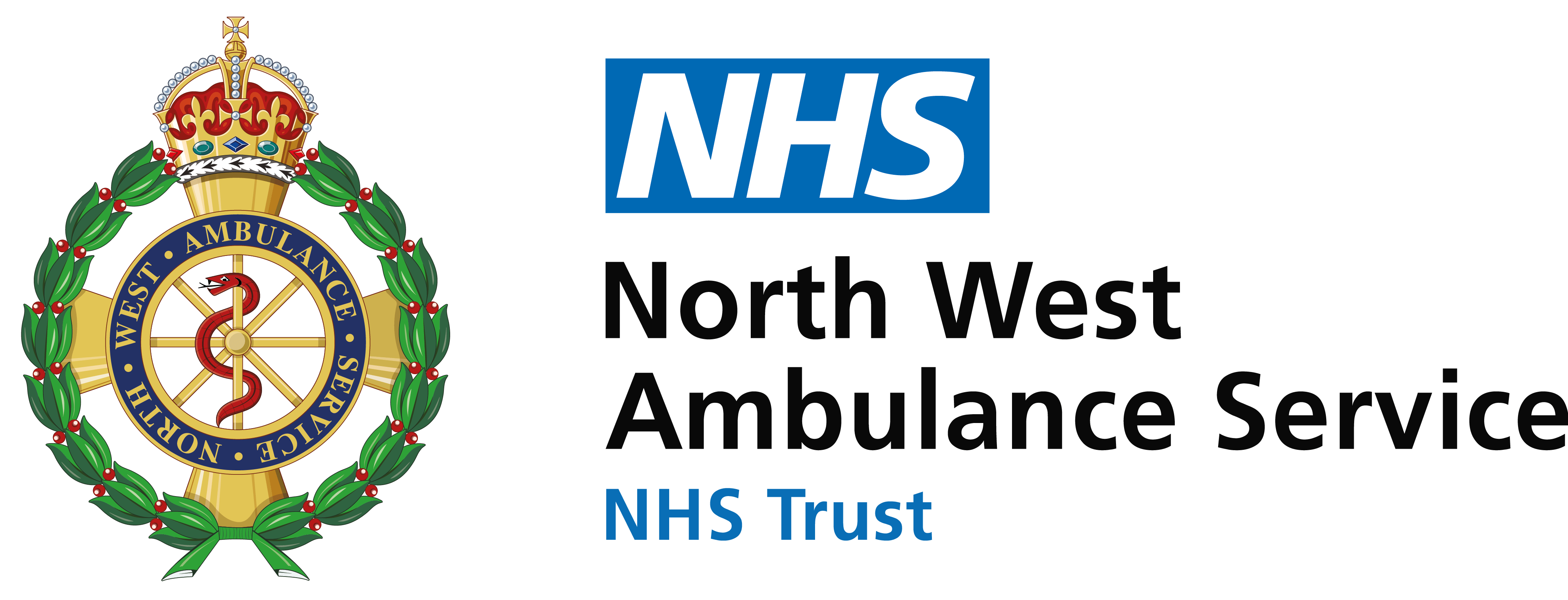Introduction
The course includes four modules, which will cover the principles of the mental capacity act, acting in a person’s best interests, decision-making and vital acts.
The aim of the Module 1 is to improve ambulance staff’s understanding and awareness of the five statutory principles of the mental capacity act. The module will reflect on what is meant by assessing mental capacity and how to complete an assessment of a person’s capacity. It will also explain the professional responsibilities for ambulance staff and consideration of the legal duties when a patient presents with mental ill health or is at risk of harm.
Module 2 will explain what is meant by ‘acting in a person’s’ best interests, and reflecting on this in the case of a patient who is presenting with self-harm or suicidal thoughts and intent.
The module will highlight the considerations ambulance staff should make when making a decision in a person’s best interest. It will also discuss what ambulance staff should consider if a person refuses care or treatment.
Module 3 discusses who can make decisions in relation to a person’s care and treatment. It will focus on the law’s which support ambulance staff and others making decisions when a person is deemed not to have mental capacity.
Module 4 focuses on what is meant by a vital act and is applicable in conjunction with module 2. The areas considered include acts in connection with care and treatment, section 5 of the mental capacity act and limitations in relation to deprivation of liberty. The module will explain what they are and when they apply in clinical practice.
Mental capacity act (2005) code of practice – Mental-capacity-act-code-of-practice.pdf (publishing.service.gov.uk).

